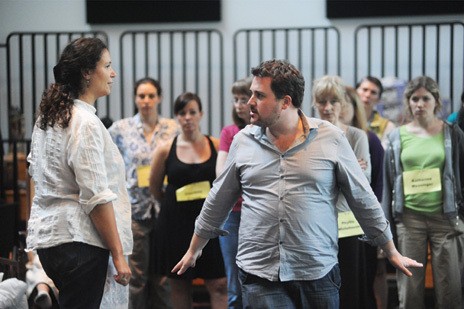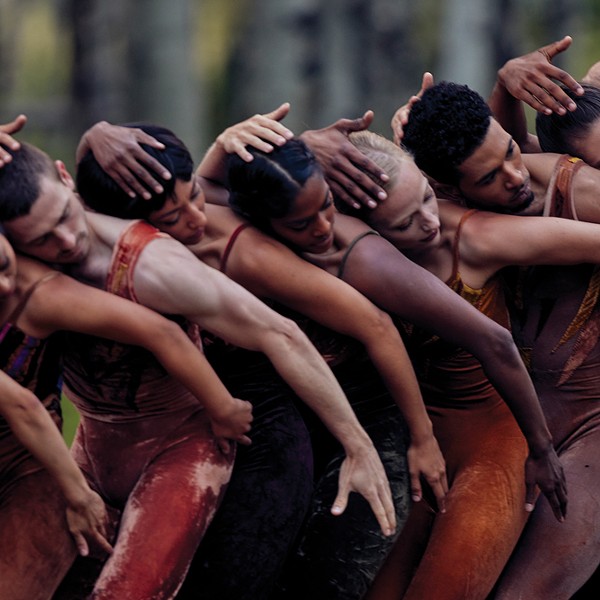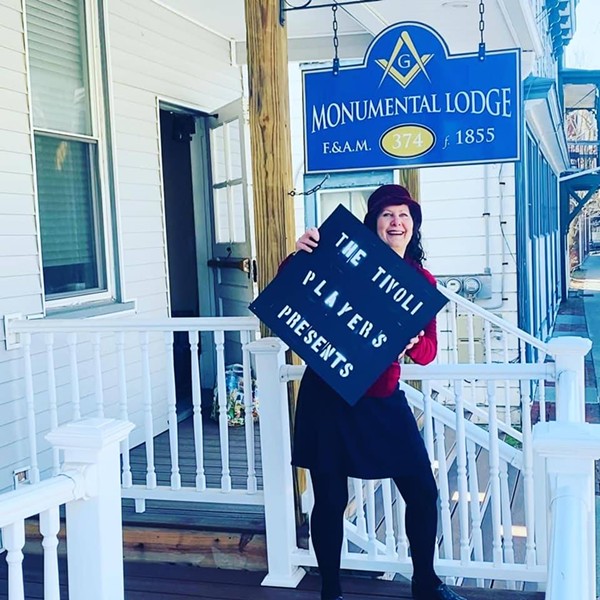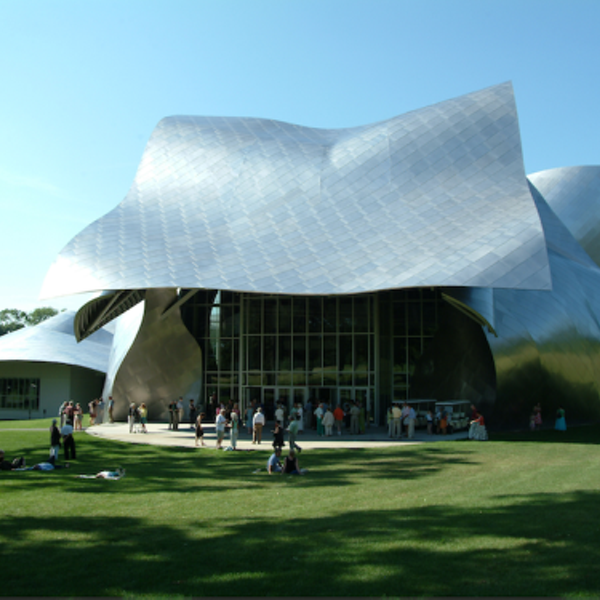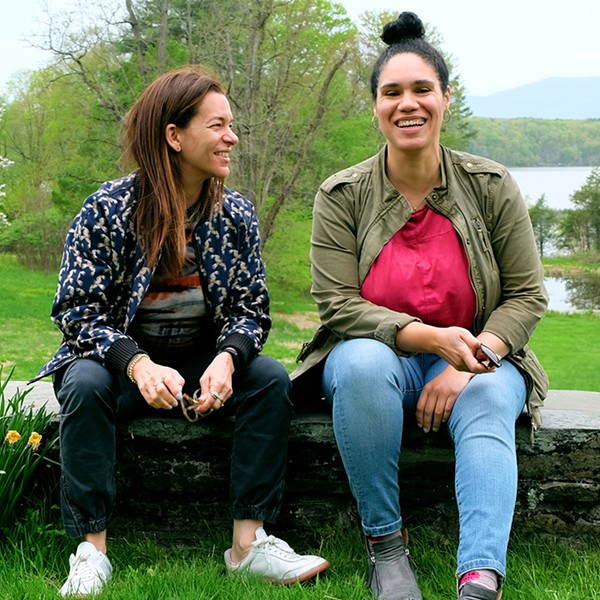Every year, Bard’s Summerscape presents music, dance, film and theater that provide audience members with a sense of the life and cultural context of a composer. (Summerscape evolved out of and now encompasses the Bard Music Festival, whose mission is to help contemporary audiences understand musical history.) This year, Alban Berg, Arnold Schoenberg’s most celebrated pupil, is being celebrated. Schoenberg, an expressionist composer who invented twelve-tone technique—a difficult and not necessarily audience-friendly composition style—conducted Berg’s first major work, Five Songs on Picture Postcard Texts by Peter Altenberg, in Vienna in 1913. The performance caused a riot. It wasn’t until 1925, with the premiere his opera “Wozzek” that Berg achieved international notoriety.
Berg’s work is personal and romantic, combining elements of Mahlerian Romanticism with an idiosyncratic take on Schoenberg’s innovations. While he is primarily known as a dissonant composer, Christopher Gibbs, artistic director of the Bard Music Festival, notes that Berg is one of the more accessible Second School composers, whose work manifests parallels to Mozart and other composers of the first Viennese School.
If, as Arnold Schoenberg suggested, dissonances are the more remote consonances, then the rediscovered works of this year’s Summerscape may become new classics.
The connections between pieces, as Gibbs explains, are often abstract and based more on creating a certain experience for the audience than a linear presentation of a composer’s time and influences. For instance, Berg, an avid moviegoer, added a film sequence to his opera, “Lulu.” The films of his Austrian contemporary, G.W. Pabst (Three Penny Opera, the White Hell of Pitz Palu), which primarily treat the lives of women in the mid 1920s, will be shown in this context. As well as the first full-scale, North American staging of the opera “The Distant Sound” (1910) by Franz Shreker, who greatly influenced Berg on August 1, 3, and 6. Berg also worked on the piano parts of the second and third acts for with Shreker. Thaddeus Strassberger, the opera’s director, describes the second act in this way, “[It] sounds like a cacophony of competing sounds that somehow makes its own clarity.”
The first Berg concert series, which will run from August 13 through August 15, plays on similarities between the compositional styles of Berg and Mahler. It will include the first and only completed movement of Mahler’s last symphony. The performance will also include a piece by Erich Korngold, a celebrated composer of the Second School who composed scores for Hollywood films. The second concert series, held from August 20 through August 22, will celebrate Berg as an opera composer and include excerpts of “Wozzeck” and “Lulu.” Leon Botstein will direct “The Book of the Seven Seals,” Franz Schmidt’s powerful oratorio. Oscar Straus’ “The Chocolate Soldier” (1908) is the summer’s operetta. Based on George Bernard Shaw’s play, “Arms and the Man,” it is performed in a two-level space that invites the audience to take part. It also includes vibrant dance performances.
This year’s Summerscape creates a parallel sense of the innovation and romanticism of Berg’s work, which combine harmoniously and visually. Yet his work is pleasant and very accessible. Leon Botstein, Bard College president and director of the American Symphony Orchestra, “This guy was the German Puccini," says Botstein. "In the end it’s just about raw emotion and theater. But emotion is a dirty word! People say, ‘Oh my God, if I’m going to have a good time, I shouldn’t be made to think.’ It’s provocative and deeply enjoyable.”
Top it off with a visit to the Spiegeltent across the lawn for some cabaret and a lobster roll. For full listings of Summerscape performances and ticket prices: www.fishercenter.bard.edu/summerscape/2010.







